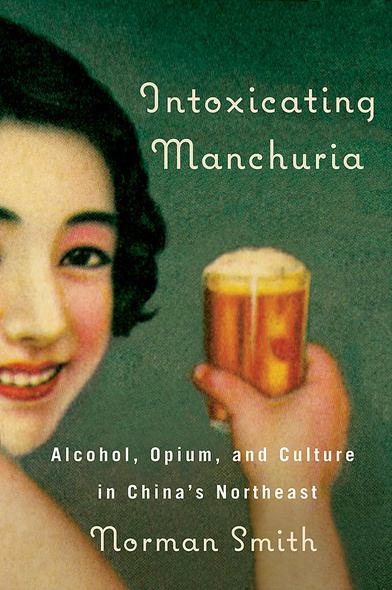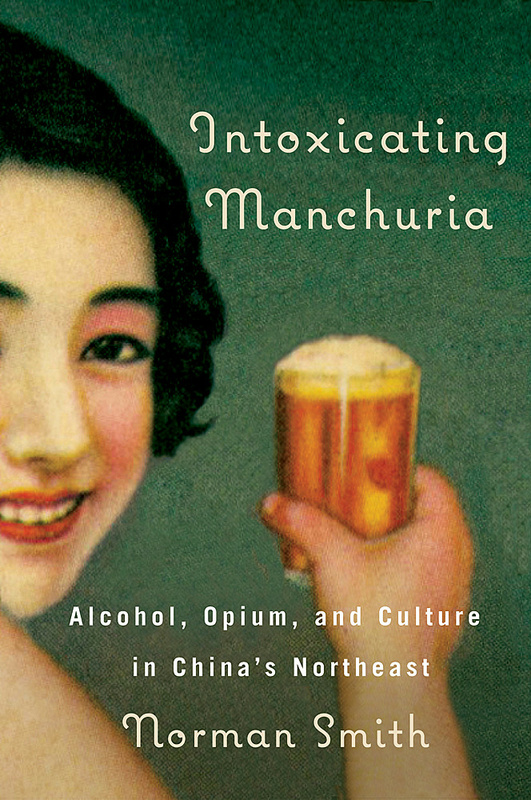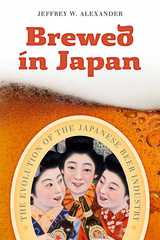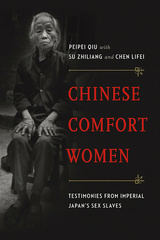
Intoxicating Manchuria
Alcohol, Opium, and Culture in China's Northeast
In China, both opium and alcohol were used for centuries in the pursuit of health and leisure while simultaneously linked to personal and social decline. The impact of these substances is undeniable, and the role they have played in Chinese social, cultural, and economic history is extremely complex.
In Intoxicating Manchuria, Norman Smith reveals how huge intoxicant industries were altered by warlord rule, Japanese occupation, and war. Powering the spread of alcohol and opium – initially heralded as markers of class or modernity and whose use was well documented – these industries flourished throughout the early twentieth century even as a vigorous anti-intoxicant movement raged.
This book provides a detailed analysis of the media’s positive and negative portrayals of alcohol in the 1930s and 40s, which includes the advertising industry’s promotion of alcohol and its subsequent calls for prohibition. While tracing the history of opium and alcohol consumption in China and the business of intoxicant production in Manchuria, Smith highlights the efforts of anti-intoxicant activists, scientists, bureaucrats, and writers to raise awareness of the dangers of intoxicants. This is the first English-language book-length study to focus on alcohol use in modern China and the first dealing with intoxicant restriction in the region.Intoxicating Manchuria is written for students and scholars of Chinese, Japanese, and Manchurian cultural history. Its engaging, readable style will appeal to anyone interested in colonial studies, addiction, and twentieth-century China.
Awards
- 2013, Winner - Gourmand Best Drink History Book (Canada-English), Gourmand World Cookbook Awards
Intoxicating Manchuria is engaging, well written, and artfully argued. Norman Smith’s analysis of the role that alcohol played in Manchurian society is both intellectually stimulating and part of a fascinating narrative. It is social history at its best: explaining the ways that people lived their lives in the context of changing political regimes. I know no other book that does this for the region under study, or indeed for any region.
This is an extremely important book. Norman Smith makes major contributions both to the larger literature on global narcotics use, as well as to the study of the Manchukuo period of Asian history. He also brings to light valuable insights into the nagging question about Japan’s anti-opium policy: Why did Japanese officials in Manchukuo seem to promote opium, while simultaneously trying to curb its use?
Norman Smith is an associate professor in the History Department of the University of Guelph. He is the author of Resisting Manchukuo: Chinese Women Writers and the Japanese Occupation and co-editor of Beyond Suffering: Recounting War in Modern China.
Introduction
1 Alcohol and Opium in China
2 Manchurian Context
3 Evaluating Alcohol
4 Selling Alcohol, Selling Modernity
5 Writing Intoxicant Consumption
6 The Hostess Scare
7 Reasoning Addiction, Taking the Cures
8 The Opium Monopoly’s “Interesting Discussion”
Conclusion
Glossary
Notes
Bibliography
Index









